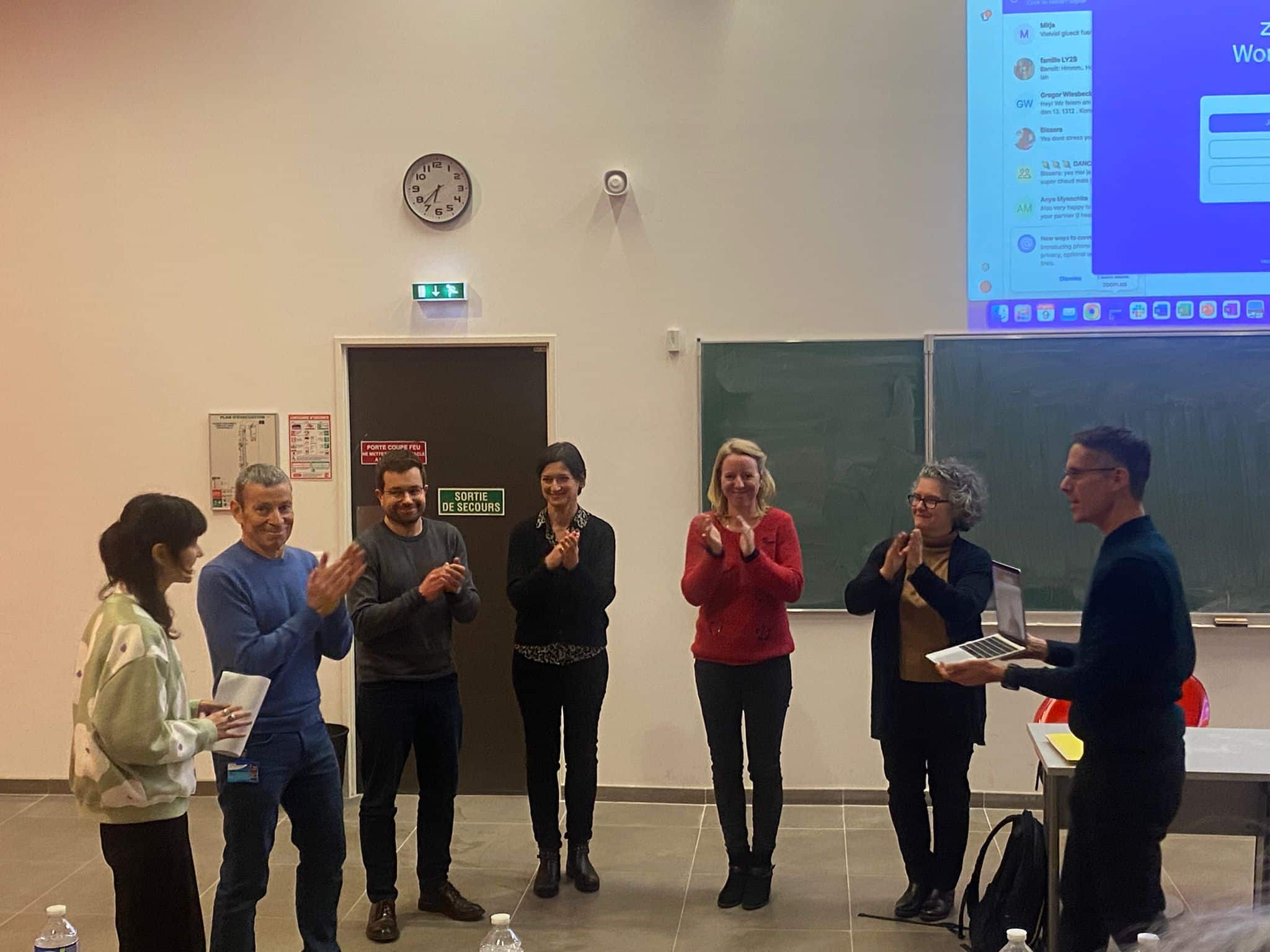On the following subject: Microbial primary production in the serpentine system of Prony Bay, an analogue of primitive Earth/Microbial primary production in the serpentinite-hosted Prony Bay hydrothermal field, an Early Earth analog.

Composition of the jury
Mr Gaël ERAUSO - Thesis Director
Mrs Anne POSTEC - Thesis co-supervisor / Thesis co-supervisor
Mrs Mylène HUGONI - Rapporteur / Rapporteure
Ludwig JARDILLIER - Rapporteur
Mr Philippe CUNY - Examiner
Mrs Barbara SCHOEPP-COTHENET - Examiner
Mr Matthew SCHRENK - Examiner
Mr Roy PRICE - Examiner
Abstract
Serpentinisation, the hydration of rocks in the Earth's mantle to form serpentinites, has been taking place for as long as there has been liquid water on Earth. Producing reduced fluids enriched with organic molecules, compartments and mineral catalysts, it is at the heart of the "metabolism first" theories on the origin of life. Indigenous microbial ecosystems could therefore shed light on one of the biggest questions in biology, yet they are little understood because they develop in the absence of CO2. The ultrabasic environment of serpentinised fluids precipitates dissolved inorganic carbon, preventing microbial primary production as we know it. Four carbon compounds have been suggested as substitutes for CO2: bicarbonate, followed by abiogenic formate, acetate and glycine. In this thesis, we tested whether these compounds are used by the microbial community in the serpentine system of Prony Bay. First, we used a metagenomic approach to identify potential primary producers along a land-ocean gradient that could bind bicarbonate and assimilate acetate. We then cultured the anaerobic marine microbial community under hydrogen-trophic conditions and found that bicarbonate, acetate and formate favour the enrichment of specific taxonomic groups. We propose that the base of this food web includes autotrophs fixing bicarbonate and formate, and heterotrophs locally supplying CO2 by oxidation of abiogenic acetate.
Abstract
Serpentinization, the hydration of mantle rocks into serpentinites, has been occurring since there has been liquid water on Earth. Producing reduced fluids enriched in organic molecules and geological formations with compartments and mineral catalysts, it is central to "metabolism first" theories on the origin of life. The microbial ecosystems developing on the byproducts of serpentinization might thus illuminate one of the biggest questions in biology but are poorly understood because they grow in the absence of CO2. The ultrabasic milieu of serpentinizing fluids precipitates and immobilizes dissolved inorganic carbon, preventing microbial primary production as we know it.
Four carbon compounds have been suggested to replace CO2 in a serpentinization context: bicarbonate, as well as abiotically produced formate, acetate and glycine. Here, we tested whether these compounds are used by the serpentinite-hosted community of the coastal Prony Bay hydrothermal field. In the first part of the thesis, we applied a metagenomic approach and identified potential primary producers along a land-ocean gradient that can perform bicarbonate fixation and acetate assimilation. In the second part, we cultivated Prony Bay's anaerobic marine community under hydrogenotrophic conditions and found that bicarbonate, acetate and formate support the enrichment of specific taxonomic groups. We propose that the base of the trophic network includes bicarbonate and formate fixing autotrophs, as well as heterotrophs establishing a local supply of CO2 by oxidizing abiogenic acetate.




